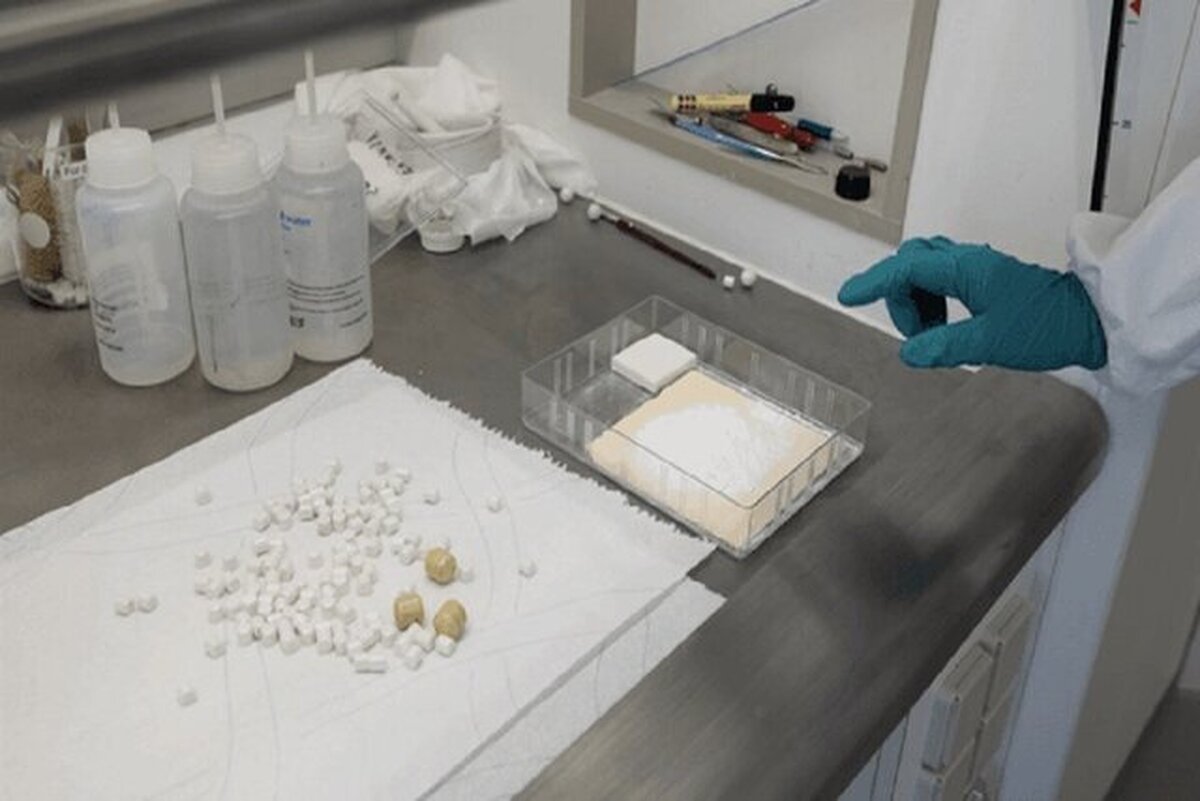Iranian Researcher Produces Potassium‐Ion batteries (KIBs) from Rocks

Researchers have discovered a new material based on rock silicates that could replace lithium in electric car batteries in the future.
This material can help develop new types of energy storage devices that can be more cost-effective and insensitive to moisture.
According to the researchers, these rock silicates can be found in ordinary rocks that are abundant everywhere.
Potassium‐ion batteries (KIBs) are considered as the potential energy storage devices due to the abundant reserves and low cost of potassium. In the past decade, research on KIBs has generally focused on electrode materials
Iranian scientist Mohammad Khoshkalam, a researcher at the Technical University of Denmark realized that materials based on rock silicates can be suitable for a solid state electrolyte.
“The potential of potassium silicate as a solid state electrolyte has long been discovered, but in my opinion has been overlooked due to challenges with the weight and size of the potassium ions. Because these ions are large and therefore move at a slow pace,” the Iranian scientist said.
Khoshkalam discovered a way that enables ions to move faster in rock silicates than in lithium-based electrolytes.
“The first test with a battery component showed that this material has very good conductivity as a solid state electrolyte. I cannot reveal how the ingredients were developed, because the recipe and method are now patented,” the researcher said.
Khoshkalam developed a solid-state electrolytes (KSE), a paper-thin material that sits between the anode and cathode of a battery cell. This was achieved by making a powder based on potassium silicate and combining it with an adhesive and solvent. The liquid solution is then poured into a roller that spreads the material in a thin layer.
This material is molded in the form of thin white strips and dried in a strip cluster with the capacity to produce up to 10 meters of strip material at a time. The solid-state electrolyte is then transferred to a box, where it is assembled together with the anode and cathode into a solid-state battery cell.
There is still a long way to go, as solid-state batteries based on potassium and sodium silicates have a low technology readiness level.
Researchers predict that it may take at least 10 years for these batteries to be integrated into electric vehicles.
It is claimed to be a high-risk technology where the chances of commercial success are low and the technical challenges are high.
“We have shown that we can find a material for a solid-state electrolyte that is cheap, efficient, environmentally friendly, scalable, and even outperforms solid-state lithium-based electrolytes,” the Iranian scientist concluded.
4155/i





















